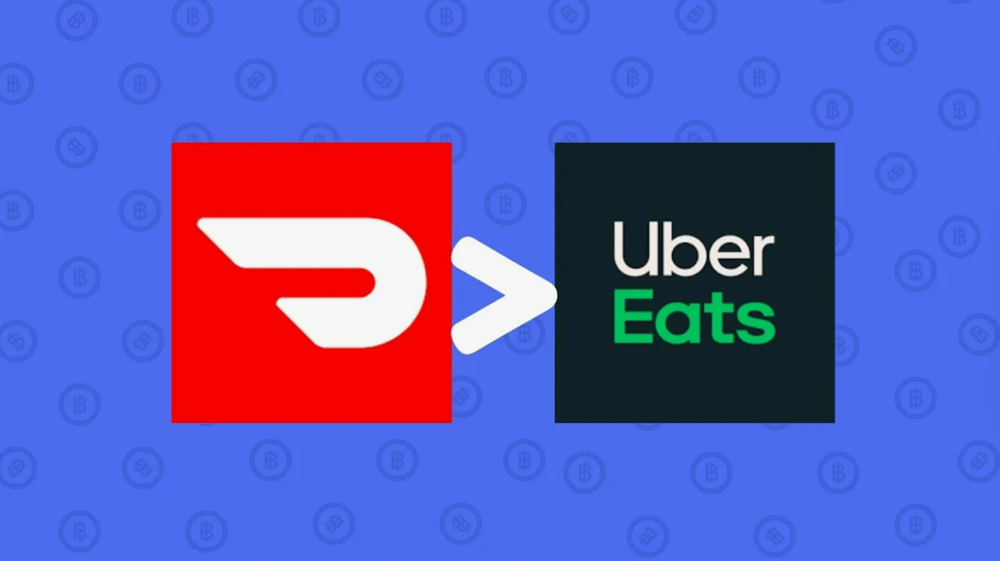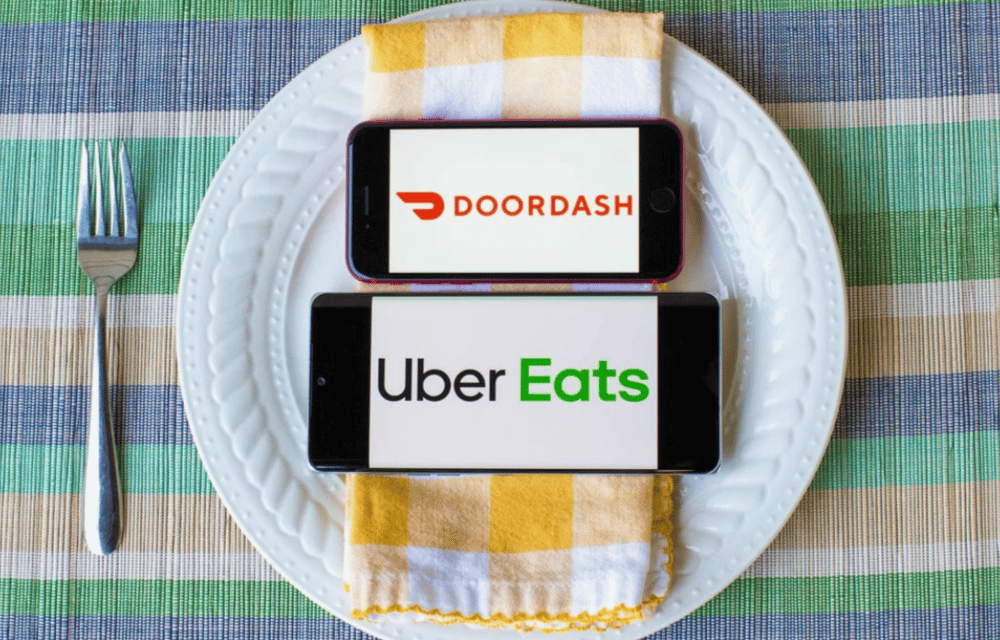DoorDash, Grubhub, and Uber Eats Reach Settlement Over New York City Delivery Fee Cap Law
In a significant development for food delivery platforms and restaurant operators in New York City, DoorDash $DASH, Grubhub, and Uber Eats $UBER have settled their federal lawsuit challenging the city’s delivery fee cap. The dispute arose from a law enacted in May 2020 amid the COVID-19 pandemic that restricts the maximum commission fees these platforms can charge restaurants for delivery services. The agreement, filed in Manhattan federal court on Wednesday, allows occasional fees exceeding the current legal cap under revised city legislation.
Legal and Economic Implications of the New Settlement on Delivery Fees
The settlement marks a critical resolution to a contentious legal battle involving major players in the food delivery market. The original NYC law was introduced as an emergency measure to protect restaurants from excessive commission fees during the pandemic, capping fees at 15% to help struggling businesses survive.
DoorDash, Grubhub, and Uber Eats initially contested this cap, arguing it hindered their ability to cover operational costs and sustain service levels. The settlement, which includes the companies’ agreement to withdraw the lawsuit with no option to refile, signals a compromise that balances restaurant protection with platform flexibility.
Under the settlement terms, the New York City Council is expected to pass legislative amendments allowing food delivery services to occasionally charge fees above the original cap. This modification acknowledges the evolving market conditions and operational challenges facing delivery platforms, while still maintaining regulatory oversight to protect restaurant partners.

Brief Facts
DoorDash, Grubhub, and Uber Eats settled the lawsuit against NYC’s delivery fee cap law.
The original law, passed in May 2020, capped commissions at 15% during the COVID-19 pandemic.
The settlement permits occasional fees above the cap under new legislative amendments.
The companies agreed to withdraw their lawsuit with no right to refile.
NYC City Council will introduce the proposed changes as part of the settlement.
Market and Stakeholder Reactions to the Delivery Fee Cap Settlement
The food delivery industry has experienced rapid growth during the pandemic, with commission fees becoming a major point of friction between platforms and restaurant operators. This settlement reduces uncertainty in one of the largest US metropolitan markets, allowing DoorDash, Grubhub, and Uber Eats to adjust fees in response to market dynamics.
Industry analysts expect the revised fee structure to support the operational viability of delivery platforms while continuing to offer some fee protection to restaurants. Restaurant associations in NYC have expressed cautious optimism, welcoming the settlement as a step toward fairer and more predictable commission policies.
The case reflects a broader global regulatory trend scrutinizing gig economy platforms and their fee models. Market participants anticipate that similar regulatory adjustments may arise in other jurisdictions seeking to balance consumer convenience, platform profitability, and merchant sustainability.

Key Points
Settlement resolves a high-profile lawsuit over NYC’s delivery fee cap law.
Allows occasional fees above the original 15% cap under new legislation.
Ensures platforms can manage operational costs while protecting restaurants.
NYC City Council to implement amendments as part of the agreement.
Sets a precedent for regulatory balance in food delivery commission fees.
Reflects ongoing scrutiny of gig economy platform fee practices.
Significance of the Settlement for Food Delivery Platforms and NYC Restaurants
The settlement between DoorDash, Grubhub, Uber Eats, and New York City marks a pivotal moment in the regulation of food delivery commissions. By agreeing to revise the strict fee cap, the parties have paved the way for a more flexible and sustainable framework that addresses both platform needs and restaurant protection.
This outcome not only impacts the competitive dynamics of the food delivery sector in one of the world’s largest urban markets but also signals evolving regulatory attitudes toward balancing innovation, fairness, and economic viability in digital service ecosystems. The resolution is poised to influence future legislation and business practices across the gig economy landscape.















Comments
This transaction signals a pivotal shift in how automation will be integrated across industries
This sale could mark a transformative moment for automation technologies across sectors